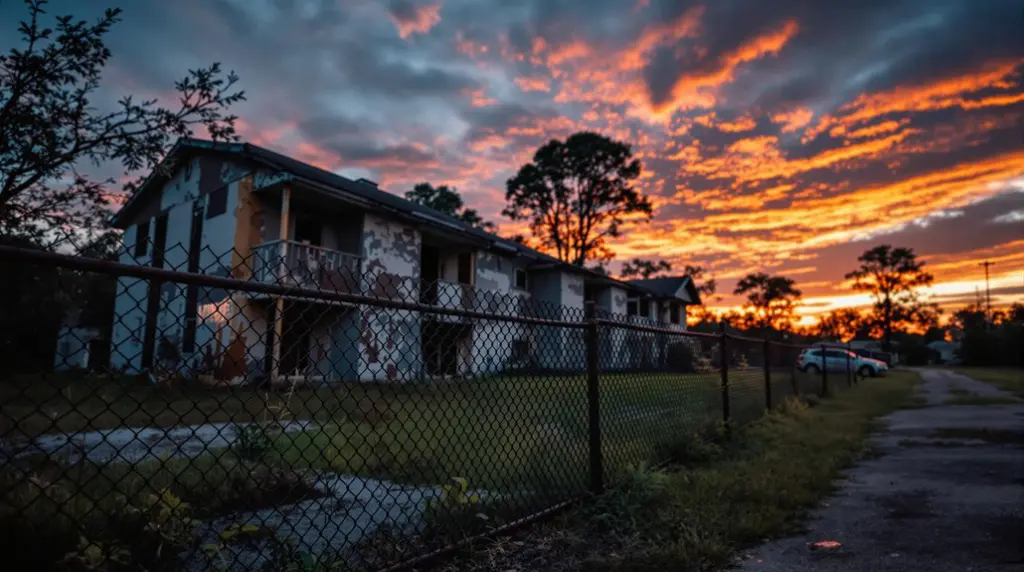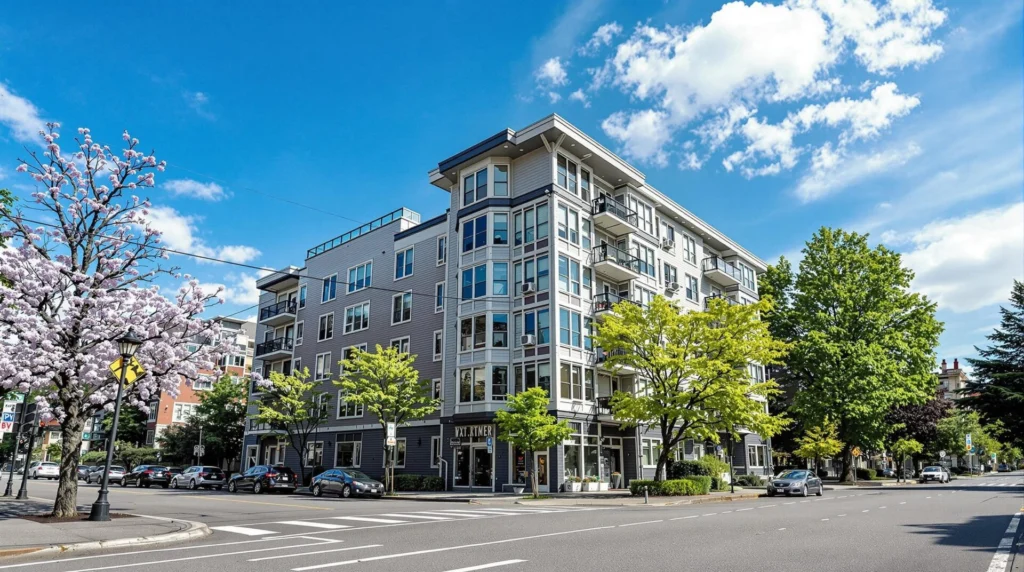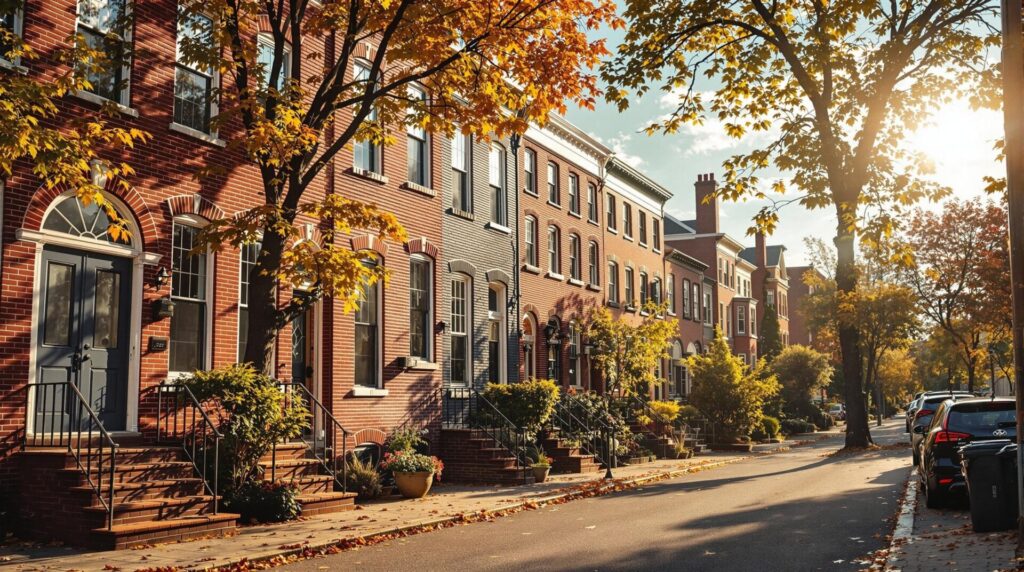Key Takeaways
- Charlotte’s office vacancy rates reached their highest levels in over a decade, driven by hybrid work and corporate downsizing.
- Investors are finding opportunities in distressed assets, with sublease space hitting the market at discounted rates.
- Developers are converting outdated office properties into medical, mixed-use, and flex-tech spaces for higher returns.

Charlotte, NC — The Queen City’s commercial office sector is under pressure.
A new report from JLL reveals that Charlotte’s office vacancy rate climbed to 21.8% in Q1 2025, the highest in more than a decade.
The spike is being driven by a wave of corporate downsizing, hybrid work policies, and delayed leasing decisions amid economic uncertainty.
The market’s Class A buildings in Uptown and South End have been hit hardest, while smaller suburban spaces continue to maintain more stable occupancy.
While the data raises red flags for traditional landlords, it also opens up rare value-investment opportunities for strategic real estate players.
Opportunity Amid the Downturn
While the headlines scream trouble, experienced investors know downturns often signal transformation.
As large corporations downsize footprints, a wave of sublease space is hitting the market, often at rates well below pre-pandemic levels.
This is giving investors a shot at acquiring distressed office assets at a deep discount, particularly in the Uptown and Midtown corridors.
Some local developers are already pivoting. Medical office conversions, life sciences facilities, and flex-tech spaces are gaining momentum.
The City of Charlotte has also hinted at streamlining rezoning pathways for developers willing to reposition outdated towers into vibrant mixed-use hubs.
Assessment
Charlotte’s surging office vacancy isn’t the end—it’s the beginning of a reshaped commercial real estate market.
For investors with vision and a long-term strategy, this moment offers below-market acquisition potential, high-conversion ROI, and early access to a city poised for reinvention.
While traditional office investors may retreat, those embracing adaptive reuse and strategic redevelopment are likely to emerge with the highest gains.
Related Content:
- Charlotte Expands Affordable Housing Fund (Game-Changer for Mission-Driven Investors)
- Chicago Commercial Real Estate Slump Deepens Amid Investor Pullback
- Florida’s Housing Market Is Falling Apart (Builders Slash Prices as Demand Crumbles)
- New York City Real Estate Enters Expensive Madness ($110M Penthouse, Surging Rents, Top 2 Global Ranking)





















